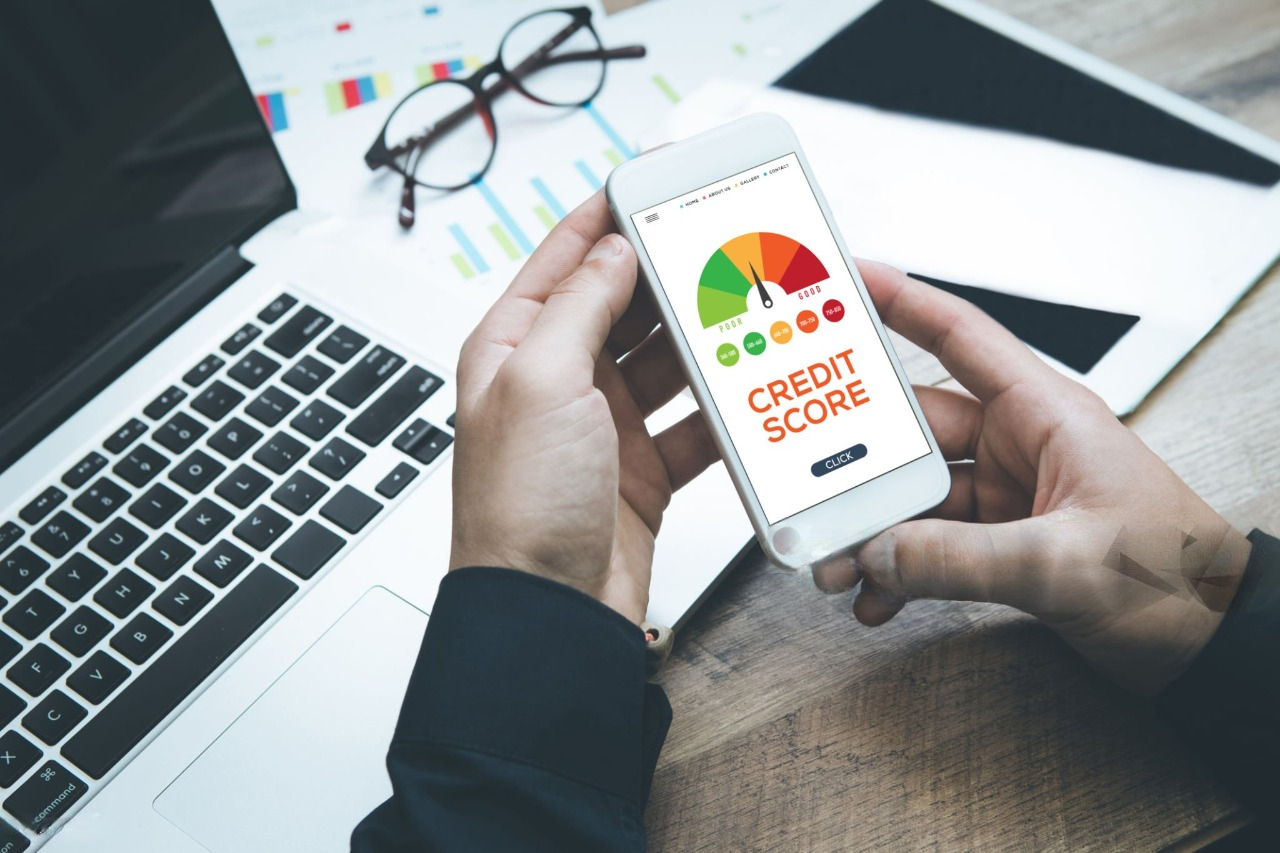How to Improve Your Credit Score Quickly: A Comprehensive Guide
Boost your credit score quickly with these effective tips. Learn how to improve your credit rating fast, fix low scores, and increase your score in no time.

A healthy credit score is one of the most important factors in your financial life. Whether you’re applying for a loan, renting an apartment, or securing lower interest rates on credit cards, a strong credit score opens doors to better financial opportunities. However, if your credit score isn't where you'd like it to be, don’t worry. With some strategic actions, you can improve your credit score quickly. Here's how you can make meaningful improvements in a short amount of time.
1. Check Your Credit Report for Errors
The first and most essential step is checking your credit report for errors. The three major credit bureaus compile your credit report: Experian, Equifax, and TransUnion. Mistakes like incorrect account information, late payments that weren’t late, or accounts that don’t belong to you can negatively affect your score. By law, you’re entitled to a free credit report from each bureau annually, so take advantage of this and scrutinize the report. Disputing and correcting any errors can give your score a quick boost.
2. Pay Down Existing Debt Strategically
Carrying high balances on credit cards can severely damage your credit score. To see quick improvements, focus on paying down high-interest debt first, as this not only saves you money but also improves your credit utilization ratio—one of the most significant factors in determining your credit score. If you have multiple credit card balances, the "avalanche" method—paying off the highest interest cards first—can be an effective strategy for both saving money and raising your score.
3. Keep Credit Utilization Low
Your credit utilization ratio is the percentage of your available credit that you’re using. For instance, if your total credit limit is $10,000 and you’ve used $5,000, your credit utilization is 50%. Ideally, you want to keep this ratio below 30% across all your accounts. If possible, aim for 10% or lower to see quicker improvements. Paying off balances in full each month or even making multiple payments throughout the month can help keep your utilization ratio low.
4. Set Up Automatic Payments to Avoid Late Fees
Late payments can stay on your credit report for up to seven years, severely damaging your score. Even one missed payment can cause your score to drop significantly. To avoid this, set up automatic payments on your credit cards, loans, and utilities. By automating your payments, you can ensure that you never miss a due date, which is crucial to maintaining and improving your credit score.
5. Negotiate with Creditors to Remove Negative Marks
If you’ve had late payments or other negative marks on your credit report, you might be able to negotiate their removal. Contact your creditors and request a "goodwill adjustment." Explain your situation, especially if the negative event was a one-time occurrence due to extenuating circumstances. In some cases, creditors may agree to remove the negative information from your report, leading to an immediate improvement in your score.

6. Become an Authorized User on a Trusted Account
One often-overlooked strategy for improving your credit score quickly is becoming an authorized user on someone else’s credit card. If you have a trusted family member or friend with a long history of on-time payments and low credit utilization, they can add you as an authorized user to their account. You won’t need to use the card, but their responsible financial behavior will reflect on your credit report, potentially giving your score a significant boost.
7. Apply for a Credit Builder Loan
Credit builder loans are designed specifically to help people build or improve their credit. The loan amount is typically small, and instead of receiving the money upfront, the funds are held in a savings account while you make payments. Once you’ve paid off the loan, you get access to the funds. During this time, the lender reports your payments to the credit bureaus, helping to establish or improve your credit score.
8. Limit New Credit Applications
While it might be tempting to apply for new credit cards or loans, doing so can negatively affect your score. Each time you apply for credit, a hard inquiry is made on your report, and multiple inquiries within a short period can lower your score. To improve your credit quickly, avoid applying for new credit unless it’s necessary. Instead, focus on managing your existing accounts responsibly.
9. Monitor Your Credit Regularly
Keeping track of your credit is vital to improving and maintaining your score. Use free credit monitoring services to stay on top of changes in your credit report. These services alert you to any new activity, helping you catch potential errors or signs of identity theft early. Regular monitoring also gives you insight into how your efforts to improve your score are working, allowing you to adjust your strategy as needed.
10. Conclusion: Consistency is Key to Long-Term Success
Improving your credit score quickly is possible with the right strategies, but maintaining it requires ongoing effort. Consistently paying bills on time, keeping your credit utilization low, and monitoring your credit regularly will ensure long-term financial health. While quick improvements are rewarding, remember that building a strong credit score is a journey that requires discipline and smart financial habits over time.
By following these steps, you’ll not only see an immediate improvement in your credit score but also set yourself up for long-term success in managing your credit and achieving your financial goals.
What's Your Reaction?


















